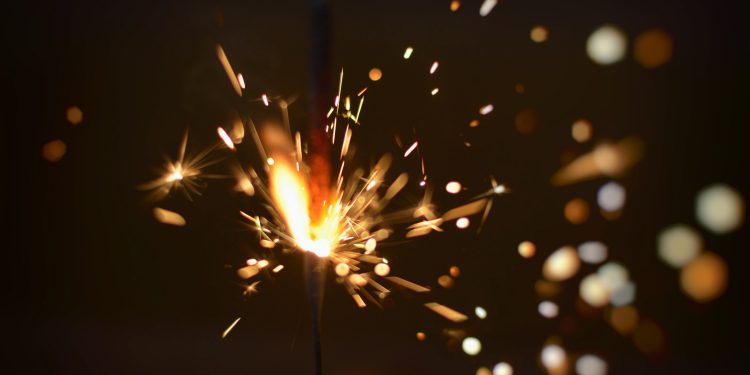Merry Celebrations: SC Banned Firecrackers Ahead of Diwali

Diwali, once known and celebrated as the festival of lights, has today come to represent a fatal show of noise and air pollution. Amid the setup of crackers burning at every nook and corner of the country during this auspicious festival, the people of New Delhi have endeavored to burn their entire city, recording the highest levels of pollution last year. Diwali, known as the celebration of the victory of good over evil, has today evolved into the symbol of pure evil itself for the environment.
Landing Upon a Pollution-Free Diwali
As the city of Delhi prepared itself to be set ablaze by another toxic Diwali celebration this year, the Supreme Court, in a notable judgment, announced a month-long ban on the sale of firecrackers in the national capital, New Delhi. This historic decision came out on 9 October, straight away becoming the top story on every news channel and every newspaper. The verdict is welcomed as a noteworthy step towards controlling pollution and circumventing the enormous environmental harm corollary of firecrackers.
“We appreciate the Supreme Court’s decision on the prohibition of firecrackers’ sale in Delhi-NCR. This may give some relief from the episodic air pollution levels in October. However, the pollution levels in North India are multiple times higher than the national standards throughout the winter months, hence, we also need to look at a stricter, comprehensive and time-bound action plan to address all sources of air pollution across the country,” quoted Greenpeace India.
Time and again, hundreds of environmentalists have shown concern and raised their voice against this lamentable show of pollution in the name of festivity. The apex court, in the same spirit, decreed the ban on firecrackers with the hope of creating a less polluted, if not pollution-free, Diwali in the severely affected national capital.
Corollary Communal Sparks
The arguments following the verdict took a communal turn as people declared it to be a direct onslaught on the Hindus. The dispute was based on the fact that the SC is unconcerned about the harm incurred by the animals during Bakr-Eid and other Islamic festivals. Celebrities and political parties took their sides with the Hindus and the Muslims, thereby, defeating the entire purpose of unified environmental protection.
With toxicity reeking at every step in the country’s capital, the need of the hour is to take even the smallest of the steps to bring down the pollution quotient. It is regrettable, in such a scenario, to observe people’s divided stance on this significant decision to improve the situation at hand for the coming generation; a proof that the forces of communalism and the notion of separated identities has killed people’s inner humanity and societal harmony.
The Question of Lost Employment
This judgment, on the one hand, was direly necessary for avoiding the mass damage caused by the festival every year. It has, on the other, left many traders and salesmen devoid of their seasonal employment. The firecrackers industry earns a total of over 6000-crore every year. The figure is likely to stumble a lot down following the ban. It is the prospect of this big fall in the figures that have caused demonstrations against the ban by traders demanding the SC to make proper amends in the verdict. After facing a clear denial by the court, the trading class has started to find loopholes in the ruling to somehow continue with their business.
An imperative decision such as this is a beginning step in the battle against pollution, both environmental and mental. This Diwali may not be completely free of firecrackers, but it is an emphatic preparation for the future. In the end, it is essential to face our duties as citizens of the country and inhabitants of the planet to protect the environment.




